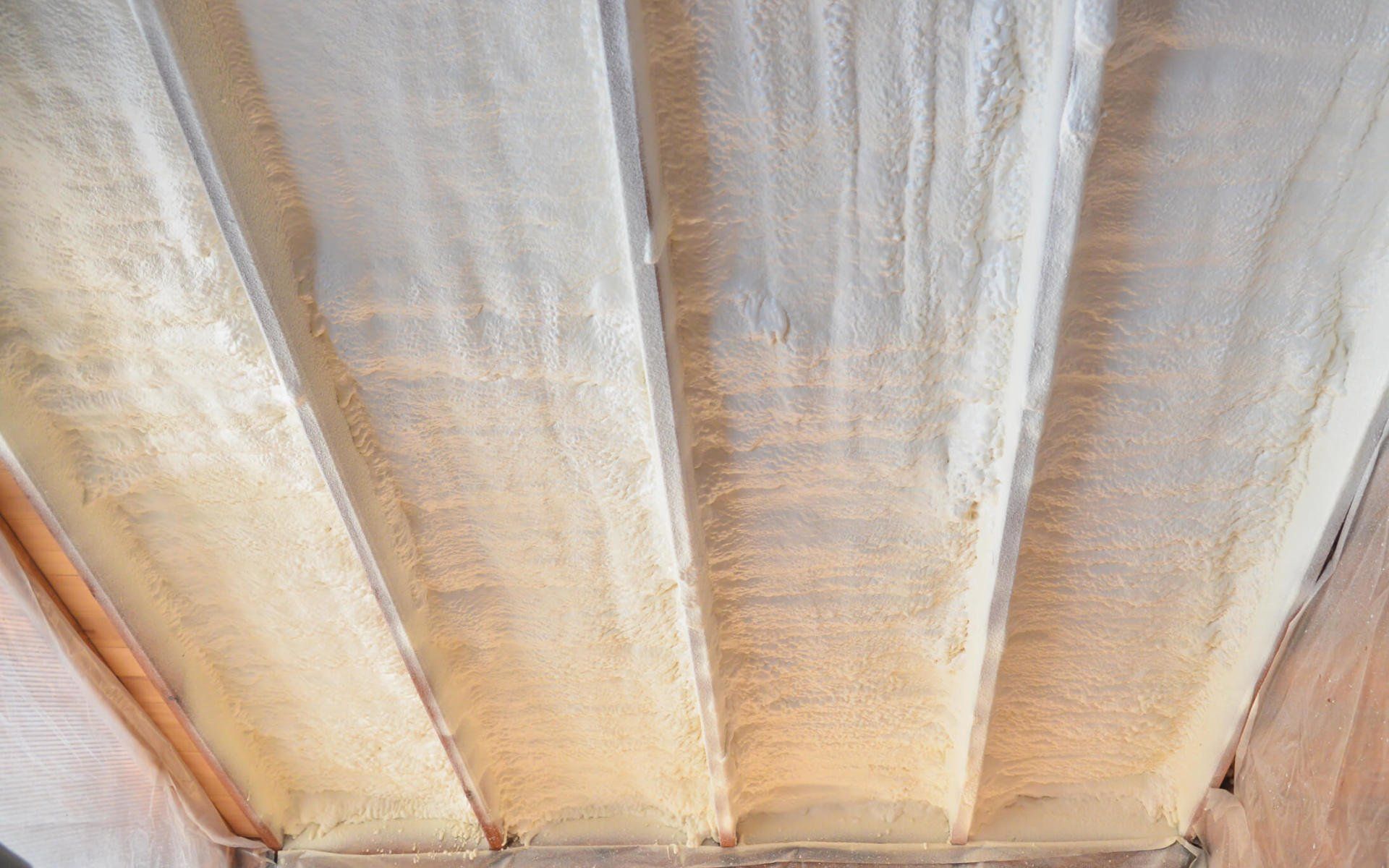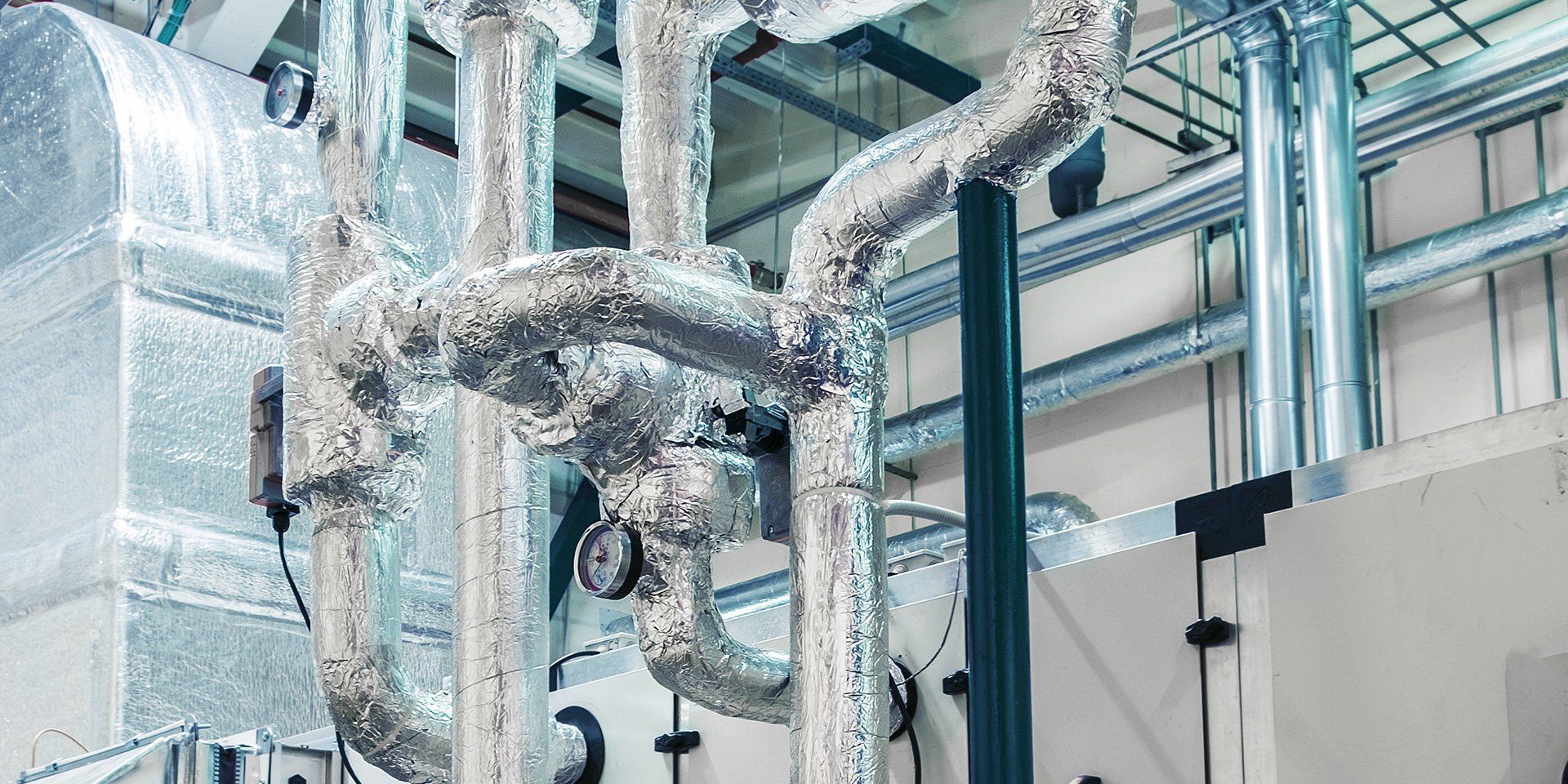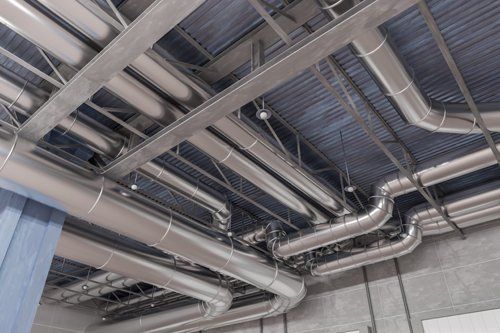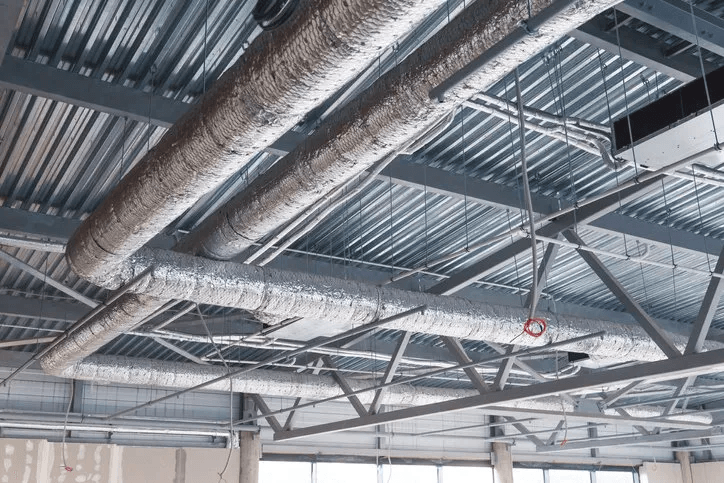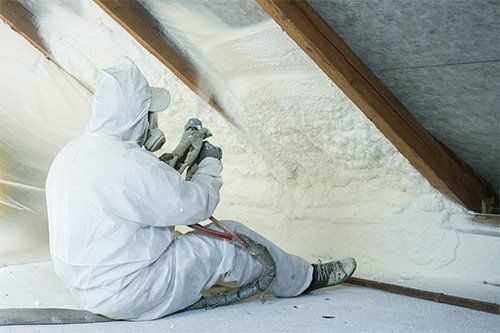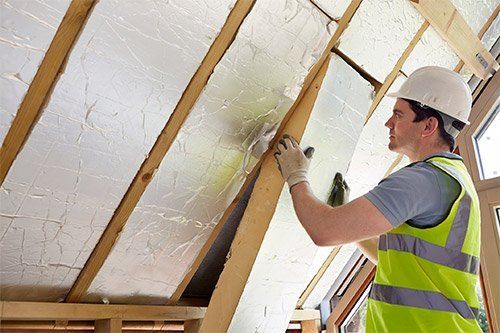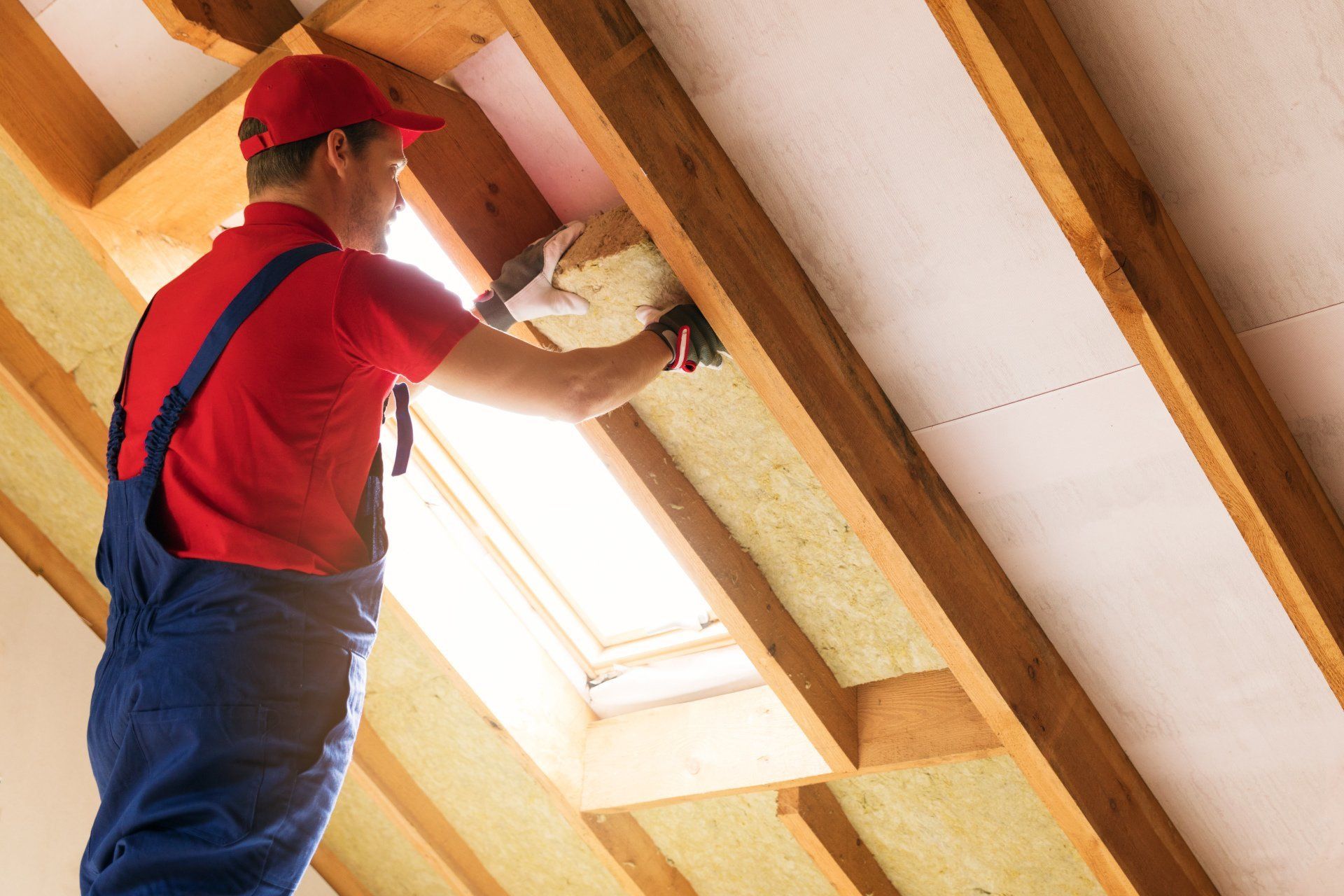Use Fiberglass Insulation to Soundproof a City Home

Sound Pollution Can Be Difficult to Handle
Living in a big city provides individuals with exposure to a more extensive range of career and entertainment opportunities. However, a large amount of noise pollution typically bombards homes in a city every day. Though the levels of sound pollution may vary, a home in the heart of a bustling metropolis like Chicago or New York may experience dangerously high levels of noise.
For example, cars may zoom by a house at any time of the day or night and distract a person while they sleep. Even worse, construction and traffic noises may bombard an individual when they want to relax at home after a long, busy day at work.
All of that sound pollution will grate on a person's nerves and can cause serious issues that can be hard on a person. For example, sound pollution can cause severe anxiety, depression, and even personal agitation that makes living happily hard for a person to do. Thankfully, individuals in a large city can take important steps to avoid this issue.
Insulation Can Soundproof a Home
When moving into a new home in a large city, individuals should inspect their home to find what kind of insulation is in their new house. Several types of installation offer great soundproofing protection when correctly installed. For example, cellulose and foam installation can block out a large amount of sound and keep a city home safe from excessive noise.
And while these types of insulation do make an excellent choice for many homes, fiberglass insulation is probably the best all-around choice for those who want an escape from excessive noise pollution. Understanding the many benefits of fiberglass installation will make picking the right kind for their home easier for new homeowners.
Fiberglass Provides an Excellent Balance
Fiberglass insulation absorbs sound coming in from outside of a home. As fiberglass is built from dense and thick particles of fiber and glass, this muffles sound waves as they travel through insulated walls and will disperse through the threads of the insulation, minimizing the noise inside of a home.
Typically, experts state that fiberglass is good at reducing the sound in a home by up to five decibels. That kind of sound decrease provides a huge benefit for people who are sick of hearing car horns in the middle of the night. In addition, if individuals install fiberglass insulation at three-feet thicknesses, they may block all sound from entering a home.
Fiberglass Insulation Is Also Cost-Effective
While spray foam and blown-in insulation may provide soundproofing benefits that are slightly better than fiberglass insulation, both types cost more than fiberglass. For example, closed-cell spray foam typically cost up to $2.00 per board feet while blow-in insulation costs about $1.50 per board foot. By comparison, fiberglass often costs no more than $1.19 per square foot for an entire home.
That kind of saving is excellent for individuals moving to a big city, as this will make settling down without investing an excessive amount of money easier for them. For anybody interested in fiberglass insulation for soundproofing their big-city home, contact Guy M. Beaty Co., Inc., right now to learn more about the process. We are happy to answer your questions and concerns about fiberglass insulation.

